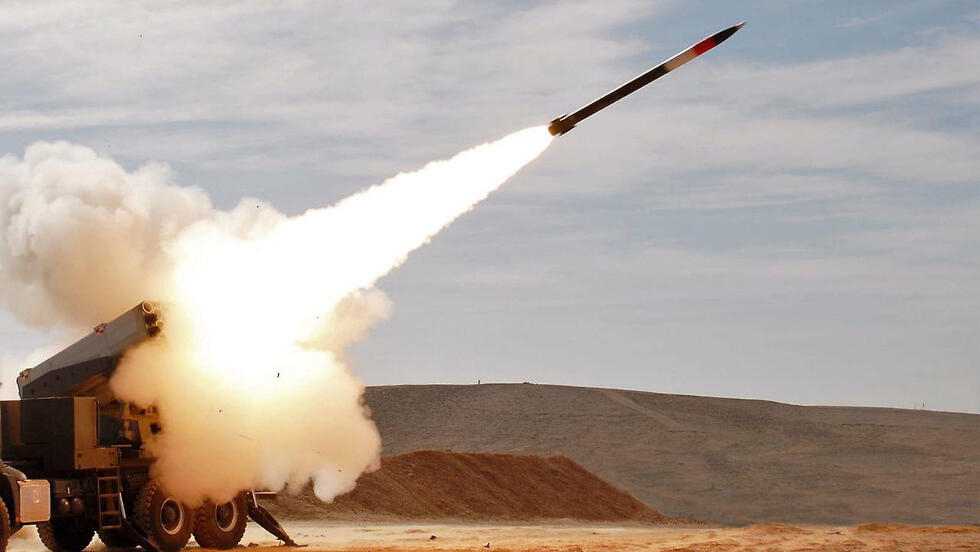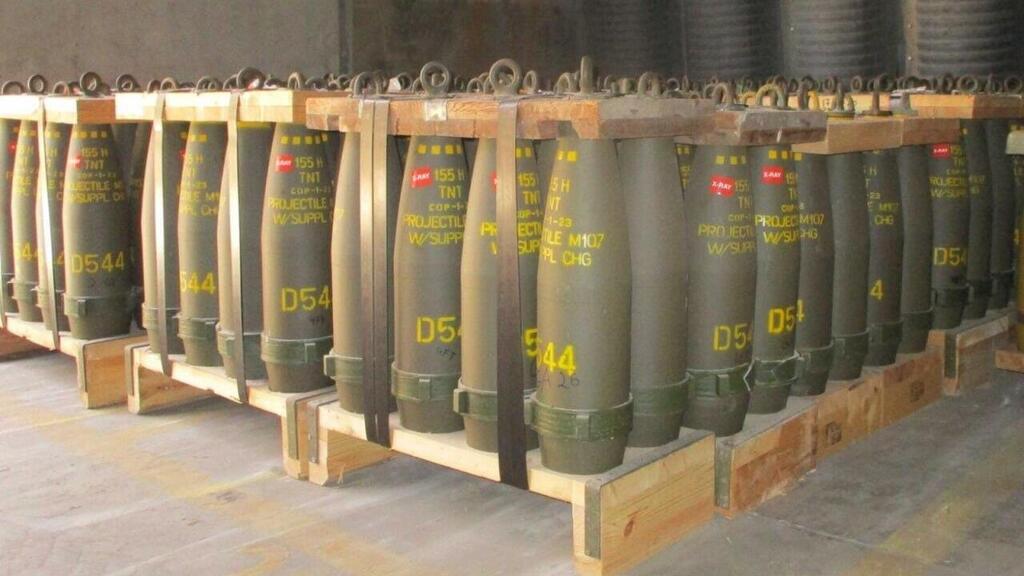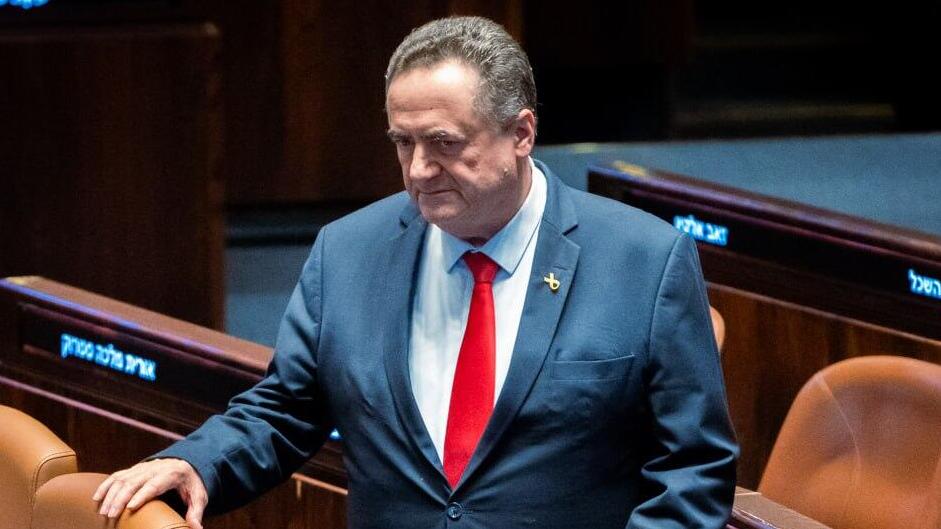The Defense Ministry plans to ease export regulations for Israeli defense companies to help them capitalize on global opportunities amid rising demand for advanced combat systems, including those test-proven in the war in Gaza and Lebanon.
The Israeli Defense Export Controls Agency (DECA) is spearheading these measures, focusing on reducing governmental restrictions on defense firms’ international marketing efforts.
The initiative aligns with the ministry's interest in supporting Israeli defense exports, especially following boycotts at arms exhibitions in France and Chile over the Gaza war. Calls for an arms embargo against Israel have grown louder worldwide.
At a DECA conference last week, Defense Ministry Director-General Eyal Zamir said, "It's easy to isolate us and we're forced to confront overt and covert embargoes, even from some of our closest allies. We'll continue to boost independent production."
Despite increased production for the country’s domestic market, Israeli defense firms generate most of their revenue internationally. The Defense Ministry wants these companies to expand their presence in global markets, as their earnings help fund the development of new combat systems critical to the IDF’s needs.
Unlike most countries, Israel imposes strict controls on its defense exports. Every defense company must be registered with the DECA, all domestically developed defense products are classified and all marketing and export activities require prior approval. The agency's oversight policies aren't publicly transparent, nor is the list of 110 "permitted countries" where defense exports are relatively flexible.
According to the ministry, these countries are characterized by stable governments, adherence to human rights standards, no significant ties to nations hostile to Israel and robust oversight mechanisms. These factors are intended to minimize the risk of sensitive technologies being delivered to third parties.
In recent years, the DECA has already eased restrictions on Israeli defense companies by removing some red tape and eliminating the need for dedicated licenses for every marketing activity.
Now, one of the main planned measures involves allowing Israeli companies to market weapons to countries not included in the "permitted countries" list — currently requiring a three-step process for defense exports.
Additionally, representatives from defense companies participating in international arms exhibitions will be able to provide more detailed information about most products. Currently, some information is shared only through censored videos or simulations.
The changes also include extending the demonstration period for defense products from 90 days to 180 days and enabling remote maintenance and support services for delivered products.
Until now, Israeli suppliers were required to provide maintenance at the customer's location or have the system shipped back to Israel. The DECA now intends to allow these services via remote technologies.
According to DECA head Racheli Chen, these measures aim to enhance the competitiveness of Israeli companies in global markets amid growing demand for arms. "While the plan is to ease marketing procedures for arms systems, we're shifting most of our oversight focus to the export licensing stage," Chen said.
Another planned change involves abolishing the "Encryption Law," which affects a group of Israeli companies, primarily in the tech industry.
Signed in 1974 by then-defense minister Shimon Peres, the order mandates that any company involved in developing, manufacturing, importing, exporting, operating or possessing encryption components must obtain a special license from the Defense Ministry's director general.
Experts, including attorney Yuval Sasson, an export control specialist, argue that the order is outdated and irrelevant. "The law has no place in today's era and should have been abolished 30 years ago.”
“Even an Israeli company making ice cream machines undergoing due diligence by an American fund must explain why its exports are subject to Israeli Defense Ministry licenses under this order—it's completely unnecessary," Sasson argued.
Abolishing the order is expected to expedite special licensing processes, shorten export transaction times and reduce costs associated with dedicating personnel to compliance. Unlike other defense export measures requiring approval from the Knesset Foreign Affairs and Defense Committee, canceling the law only requires the defense minister's consent.
Chen stressed that the proposed laxness reflects global market dynamics, marked by fierce competition among arms companies vying for massive budgets from rearming nations. Ongoing conflicts such as the Russia-Ukraine war, tensions in the South China Sea, Middle Eastern wars and fears of escalation, are driving demand.
Israel’s ongoing conflicts and the extensive use of locally produced weapons by the IDF across various fronts lend operational validation to these products, boosting their international standing.
"We anticipate high demand for Israeli weapons in the coming years, especially for space and air defense systems, unmanned aerial vehicles, drones and more — proven effective in war. We must enable the industry to seize these export opportunities," Chen said.
Get the Ynetnews app on your smartphone: Google Play: https://bit.ly/4eJ37pE | Apple App Store: https://bit.ly/3ZL7iNv
She added that maintaining the "permitted countries" list provides stability for Israeli exporters, reducing the need for frequent marketing license renewals.
The list is based on estimations saying these countries are unlikely to experience dramatic changes in the near future, offering a stable business environment for exporters. "We must occasionally update the list due to events like coups or blatant human rights violations," she noted.





